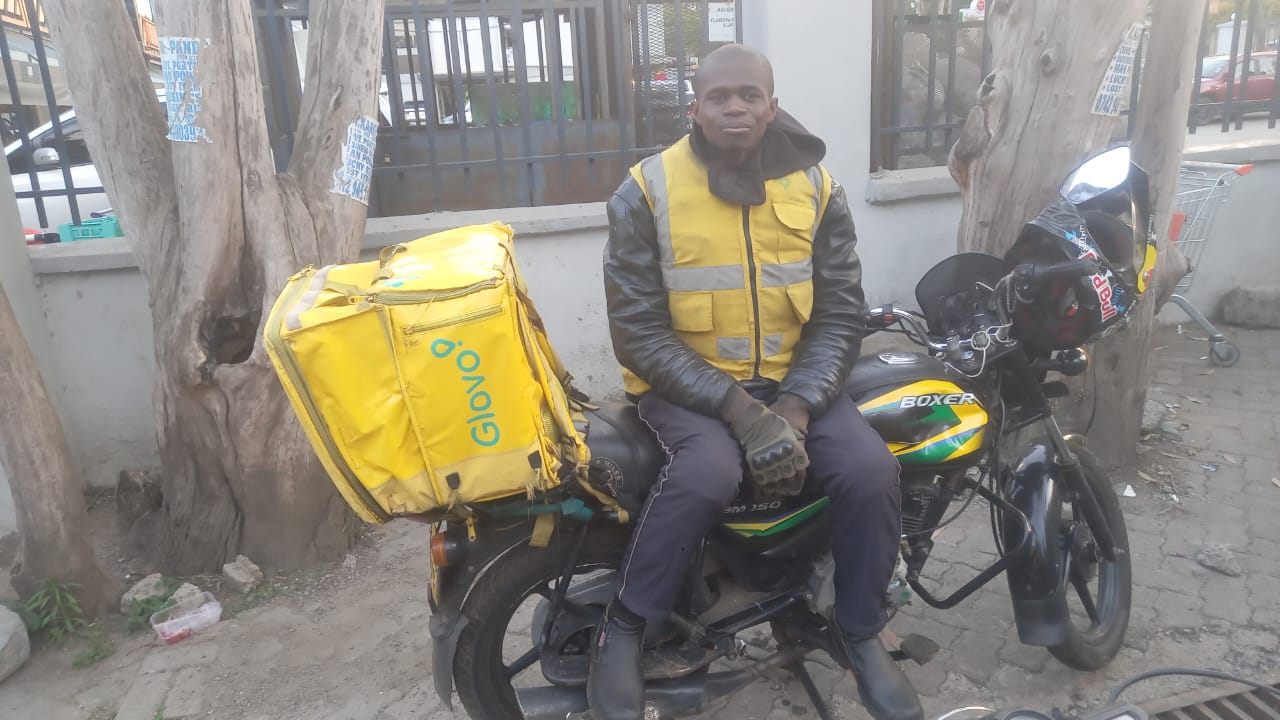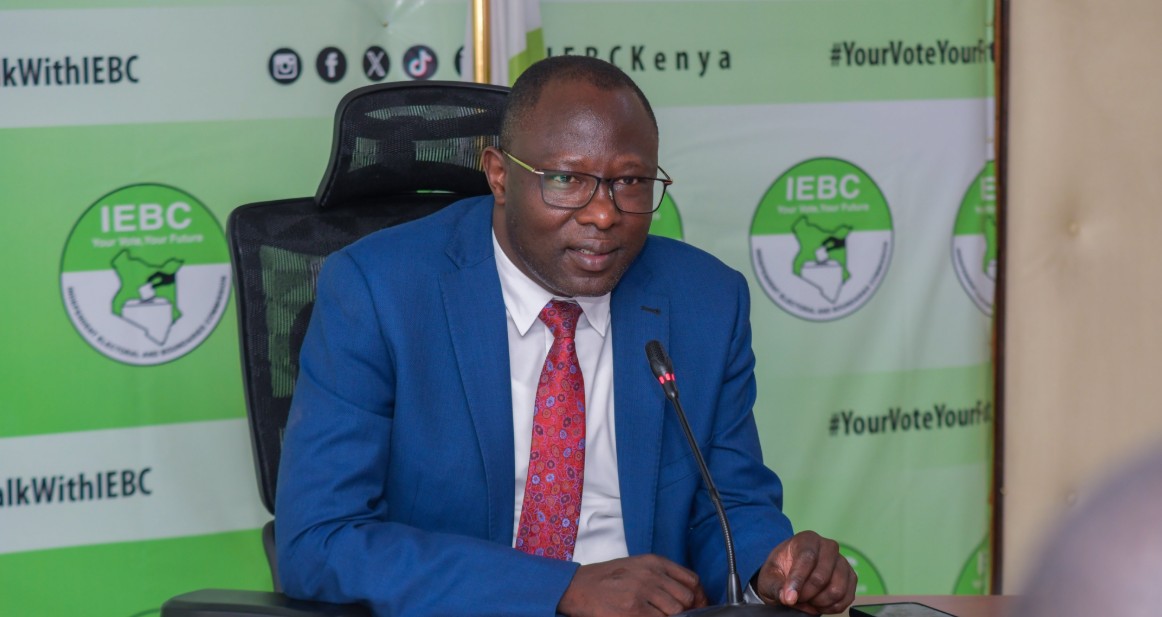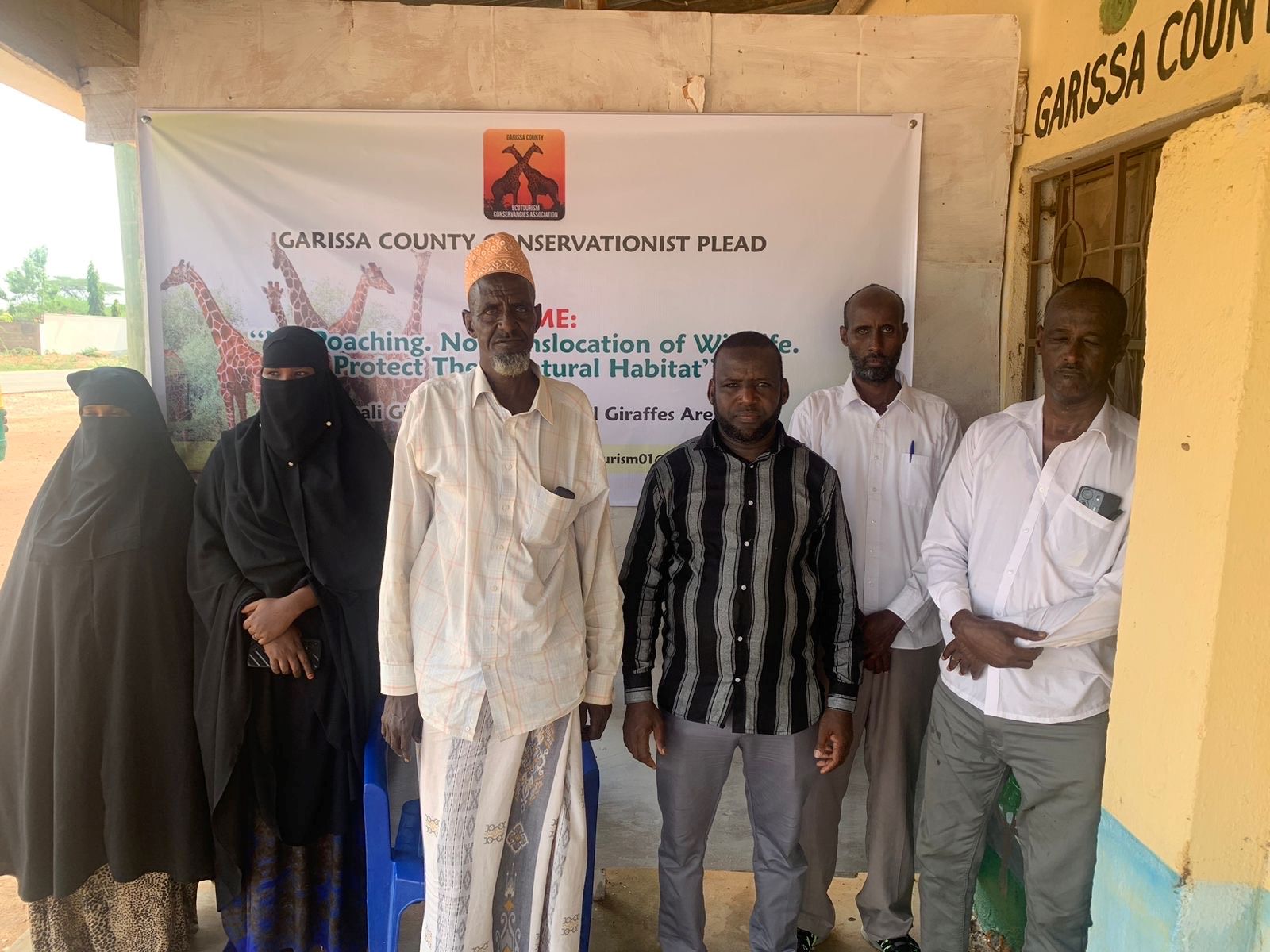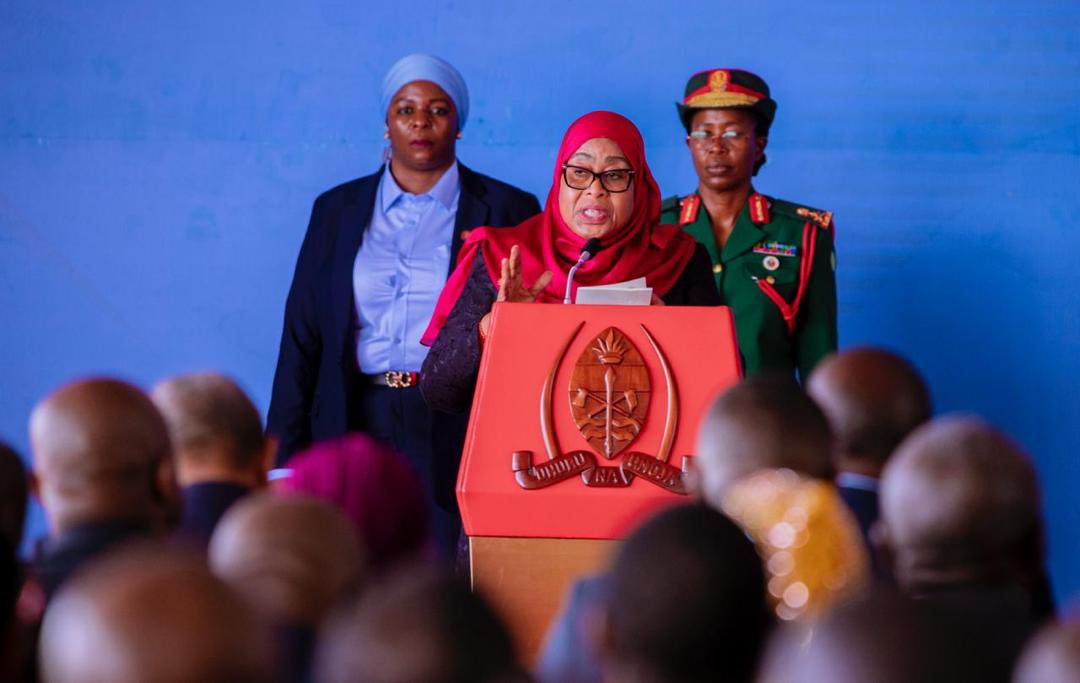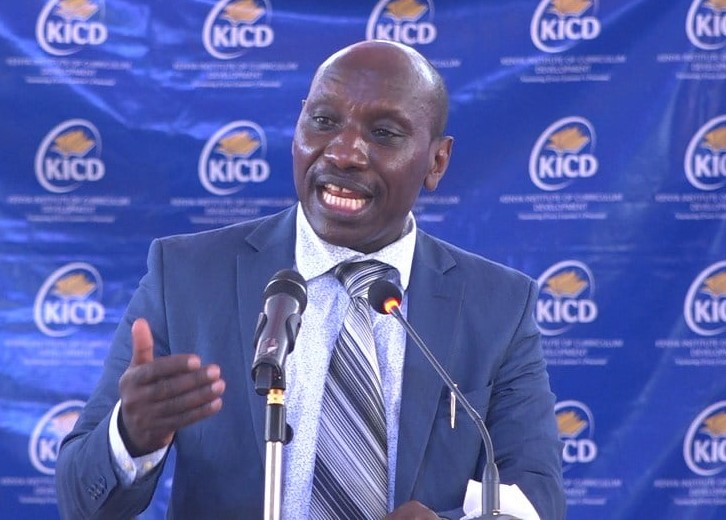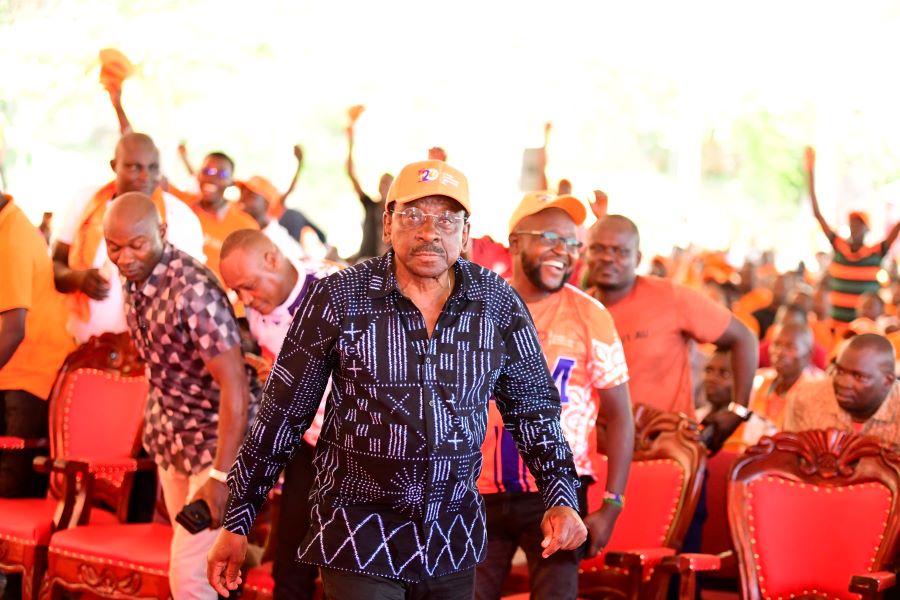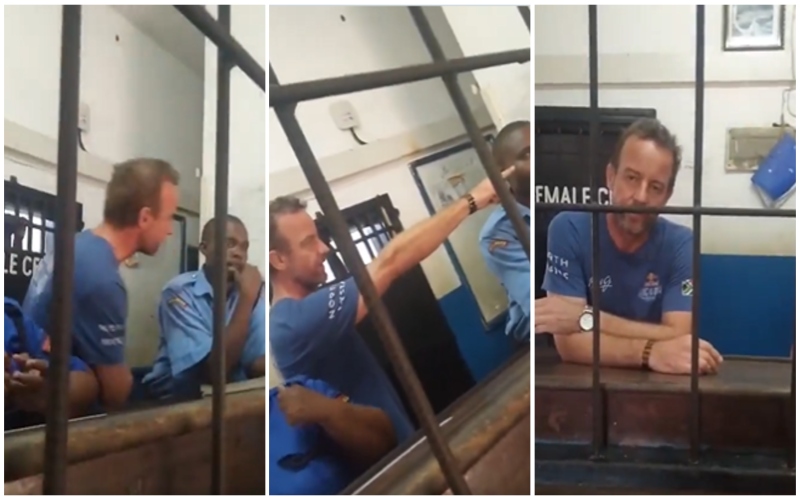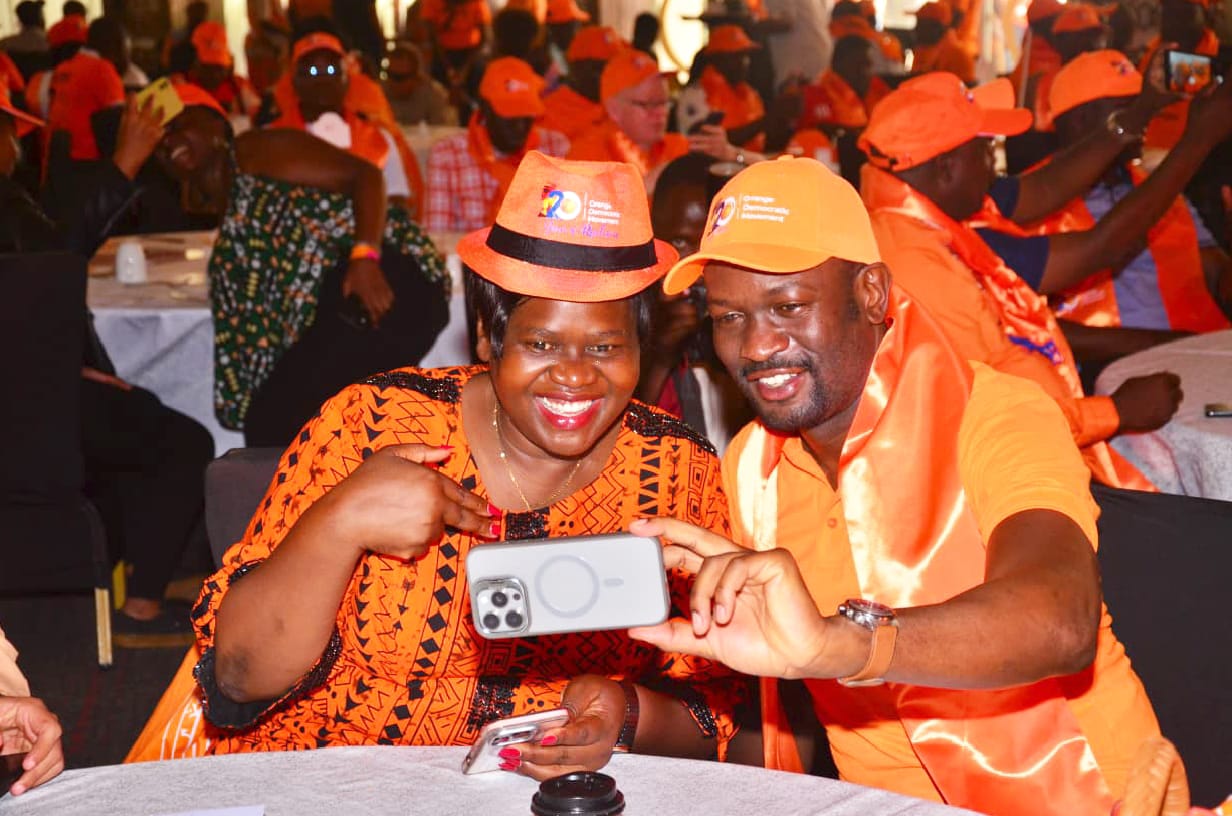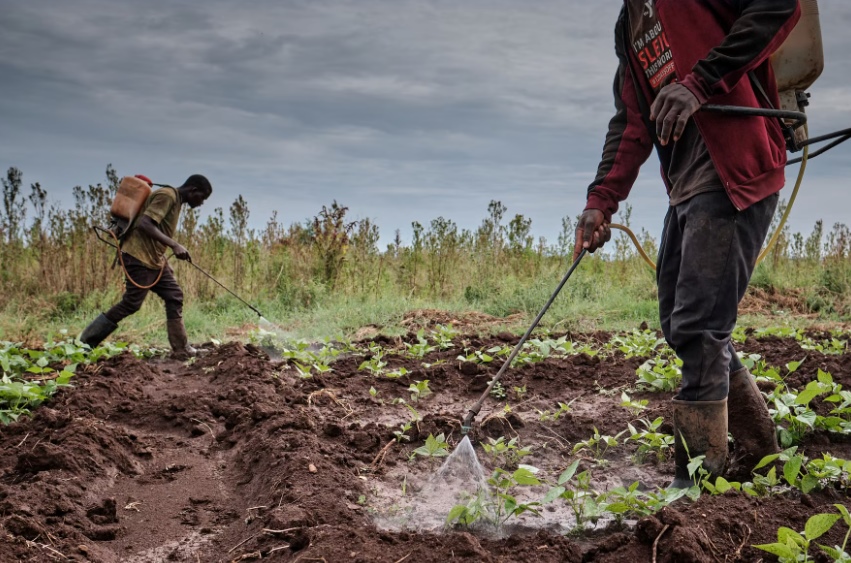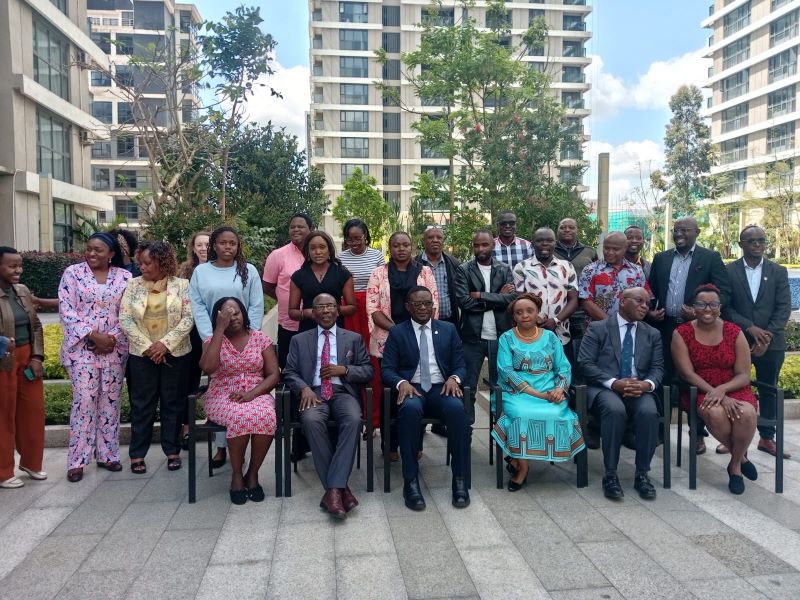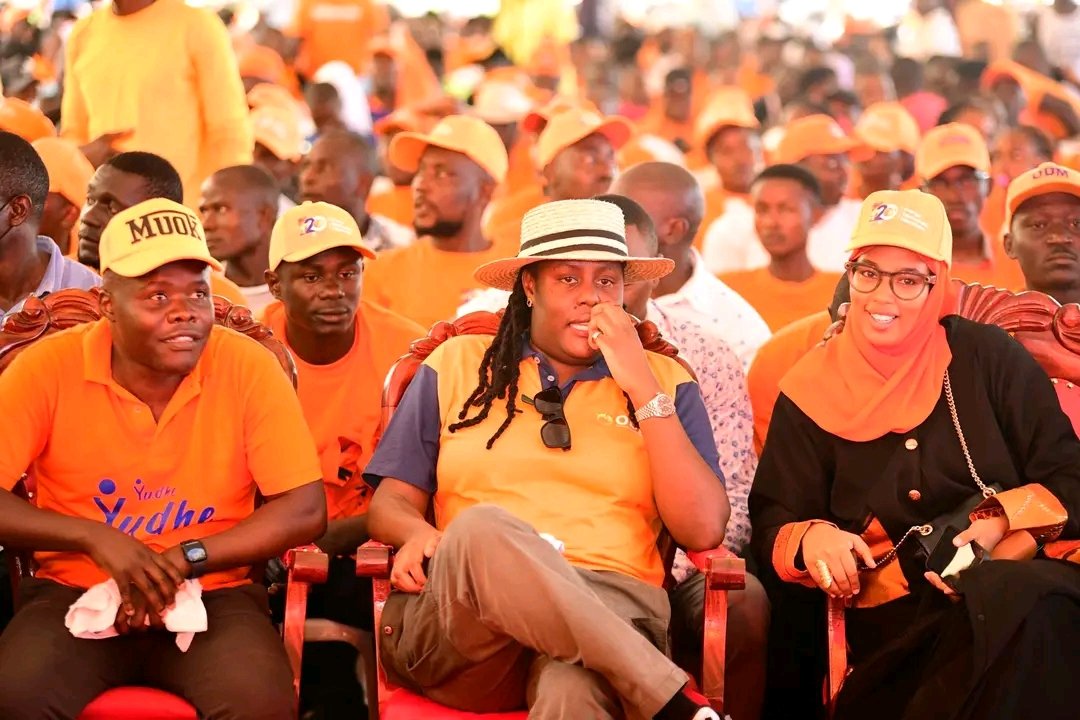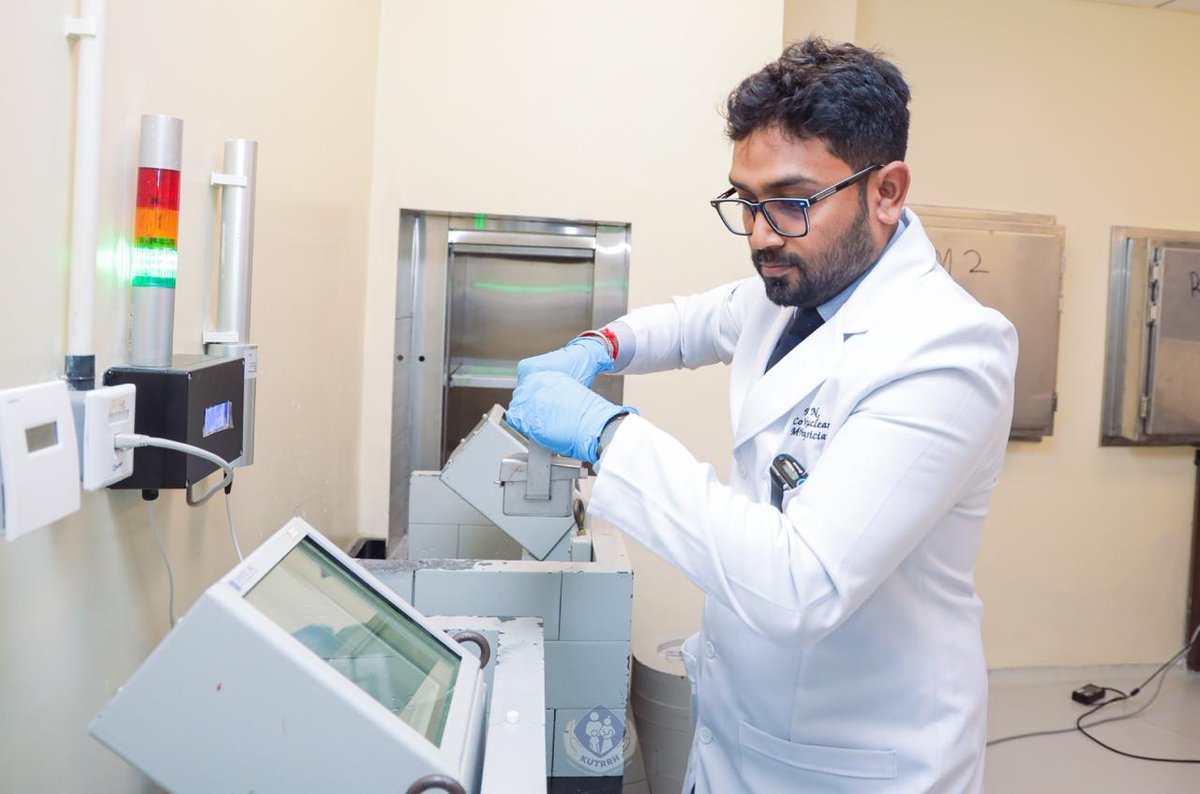UN Security Council approves new "Gang Suppression Force" for Haiti
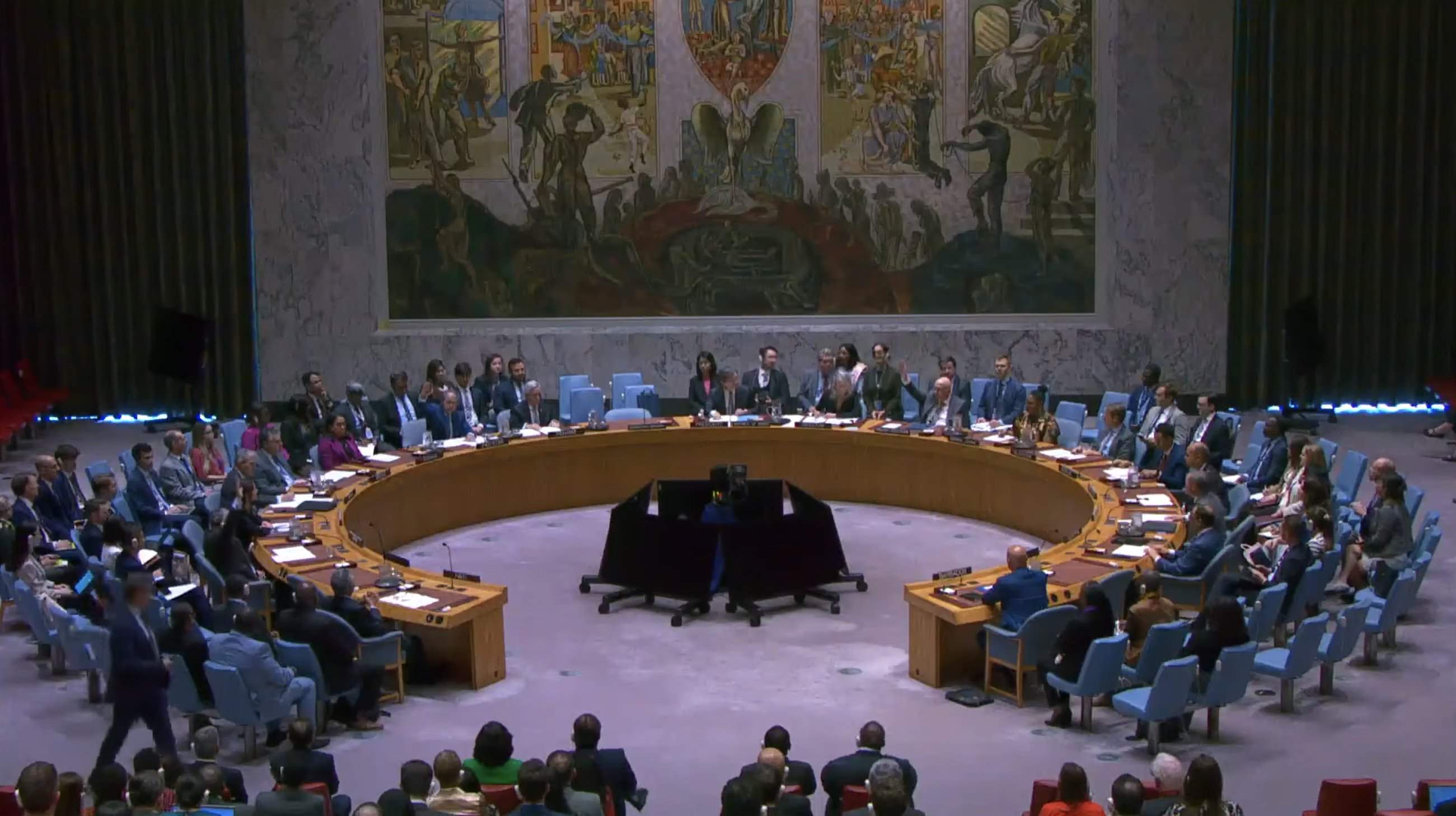
The new force was authorised on Tuesday following a vote of 12 in favour, with three abstentions by Russia, China and Pakistan.
The United Nations Security Council has voted in favour of the transition of the Multinational Security Support (MSS) mission in Haiti into a much more lethal and beefed-up Gang Suppression Force (GSF), supported by both a newly created UN Support Office and the Organisation of American States (OAS).
The new force was authorised on Tuesday following a vote of 12 in favour. Those who voted in favour were Algeria, Denmark, France, Greece, Guyana, Panama, the Republic of Korea, Sierra Leone, Slovenia, Somalia, the United Kingdom and the United States, with three abstentions by Russia, China and Pakistan.
More To Read
- ‘Kenya can’t do it alone’: US urges more nations to join Haiti’s Gang Suppression Force
- Green light for Gang Suppression Force tells Haitians ‘they are not alone’, Security Council hears
- Gang Suppression Force denies reports of Kenyan police deaths in Haiti
- Security Council renews Haiti sanctions
- Haiti's Multi-National Security Support Mission rebrands as Gang Suppression Force, expands mandate
- ‘Unprecedented’ number of children on the run in Haiti
The new force will run for an initial period of 12 months. The timelines for deployment of the new force have, however, not been announced.
Meanwhile, the MSS mission will expire on Thursday, October 2.
Speaking at the UN General Assembly last week, President William Ruto called for an orderly transition that protects the gains achieved so far by the Kenyan-led force.
"As the UNSC deliberates on the next steps, we must not lose sight of the fact that the situation in Haiti demands sustained, coordinated, and undivided international attention. A careful and orderly transition from MSS is essential to consolidate the hard-won gains so far achieved. I urge the Security Council and all partners to remain steadfast in ensuring that Haiti moves forward and on a path of peace, stability, and renewal," said President Ruto during his speech at the ongoing 80th United Nations General Assembly in New York on Wednesday evening.
As the lead nation of the force whose mandate ends on October 2, the president said the experience of Kenyan police officers in Haiti exemplifies the state of the current global security governance architecture that met Haiti's plea for help with delayed action.
"For far too long, the people of Haiti called out to the world; too often, their pleas were met with silence, hesitation, or half measures. Haiti became a tragic reminder of what happens when the international community looks away, prevaricates, or offers half-hearted support," he said.
He noted that when Kenya responded to the quest for the Haitian authorities, it was in the belief that it was joining a genuinely multinational effort.
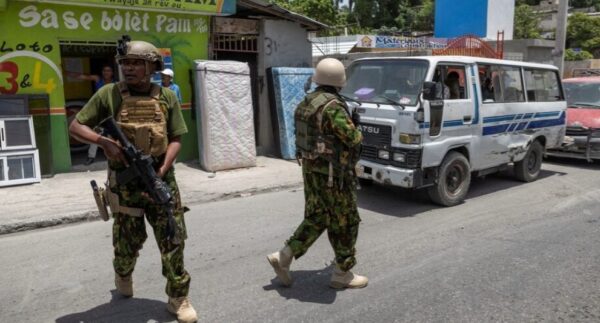 Kenyan police officers on patrol in Haiti on June 28, 2024. (Photo: File/Reuters/Ricardo Arduengo)
Kenyan police officers on patrol in Haiti on June 28, 2024. (Photo: File/Reuters/Ricardo Arduengo)
"We welcomed and fully embraced Resolution 2699, by which the United Nations Security Council authorised the MSS with Kenya as the lead nation. Drawing from our decades in peace support operations, we stepped forward, stepped up, and deployed our officers to confront the rampant menace of gang violence in Port-au-Prince and its environs," he said.
The mission, however, he noted, operated in a volatile environment under enormous constraints.
"It has been underfunded, underequipped, and operated below 40 per cent of its authorised personnel strength. Our police officers have variably shouldered responsibilities without the full logistical support that would accompany any mission sanctioned by the United Nations. Despite these challenges and against all odds, the MSS has delivered results many thought were impossible," he said.
He cited the presidential palace that has since been rescued from gang control, the police headquarters, and training centre, schools reopening, roads freed from gangs, reduction of kidnapping cases, and resumption of normalcy at the airport and the seaport as some of the successes that Kenya is proud to have achieved during its deployment.
"If so much could be achieved with limited resources and stretched personnel within just 15 months, what more could have been achieved if the United Nations fraternity had truly acted together with the people of Haiti," he posed.
Other Topics To Read
Without making direct reference to the newly proposed Gang Suppression Force alongside the proposed establishment of a related UN Support Office, Ruto assured the assembly that with adequate personnel, resources, and logistical support, Haiti's peace can be restored.
The MSS mission—a non-UN mission funded by voluntary contributions and led by Kenya—was first authorised by the Security Council in October 2023 for a period of 12 months. Acting under Chapter VII of the UN Charter, in resolution 2699, the Council authorised member states participating in the MSS mission to "take all necessary measures" in fulfilment of the mission's mandate, which included supporting the Haitian National Police (HNP) to "re-establish security" and build conditions conducive to the holding of elections.
The MSS mission has since consistently faced funding uncertainty and a lack of adequate equipment. Deployment levels have also remained far short of the 2,500 officers initially envisaged.
A UN brief notes that while resisting some attacks and re-establishing access to some areas and infrastructures, the Haitian National Police and the MSS mission have struggled to make significant headway against the gangs, which are estimated to have overrun most of Port-au-Prince.
"At the August 28 Security Council briefing on Haiti, the US after months of uncertainty over its position following President Donald Trump's return to office—announced that, together with Panama, it would share a draft resolution to establish a "Gang Suppression Force" and create a UN Support Office to "provide logistical support to efforts on the ground," the brief adds.
Top Stories Today
